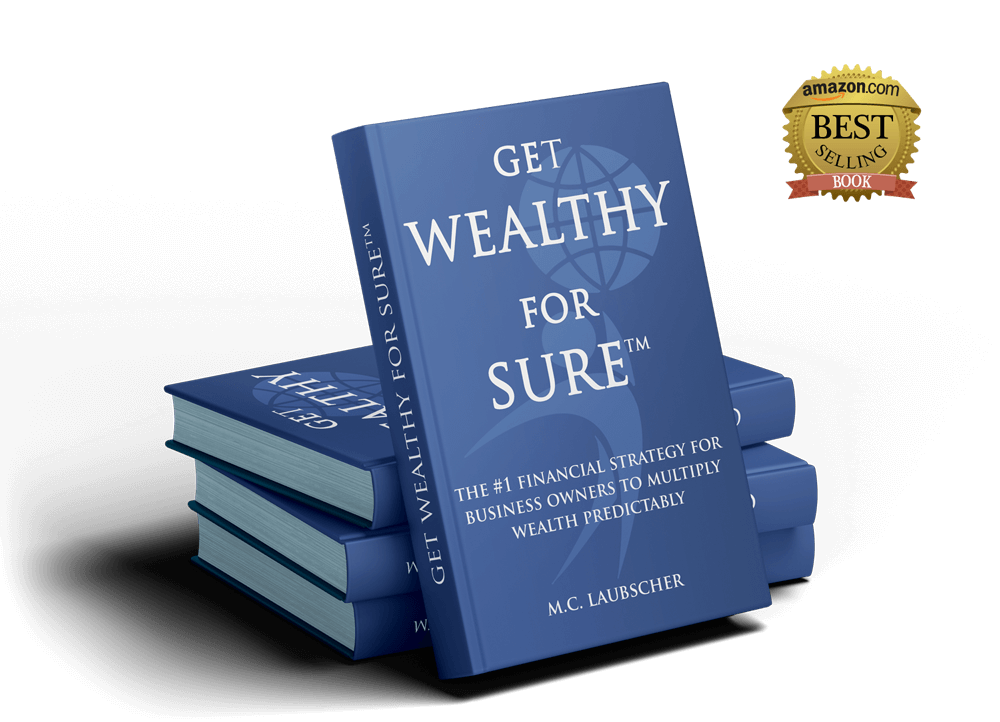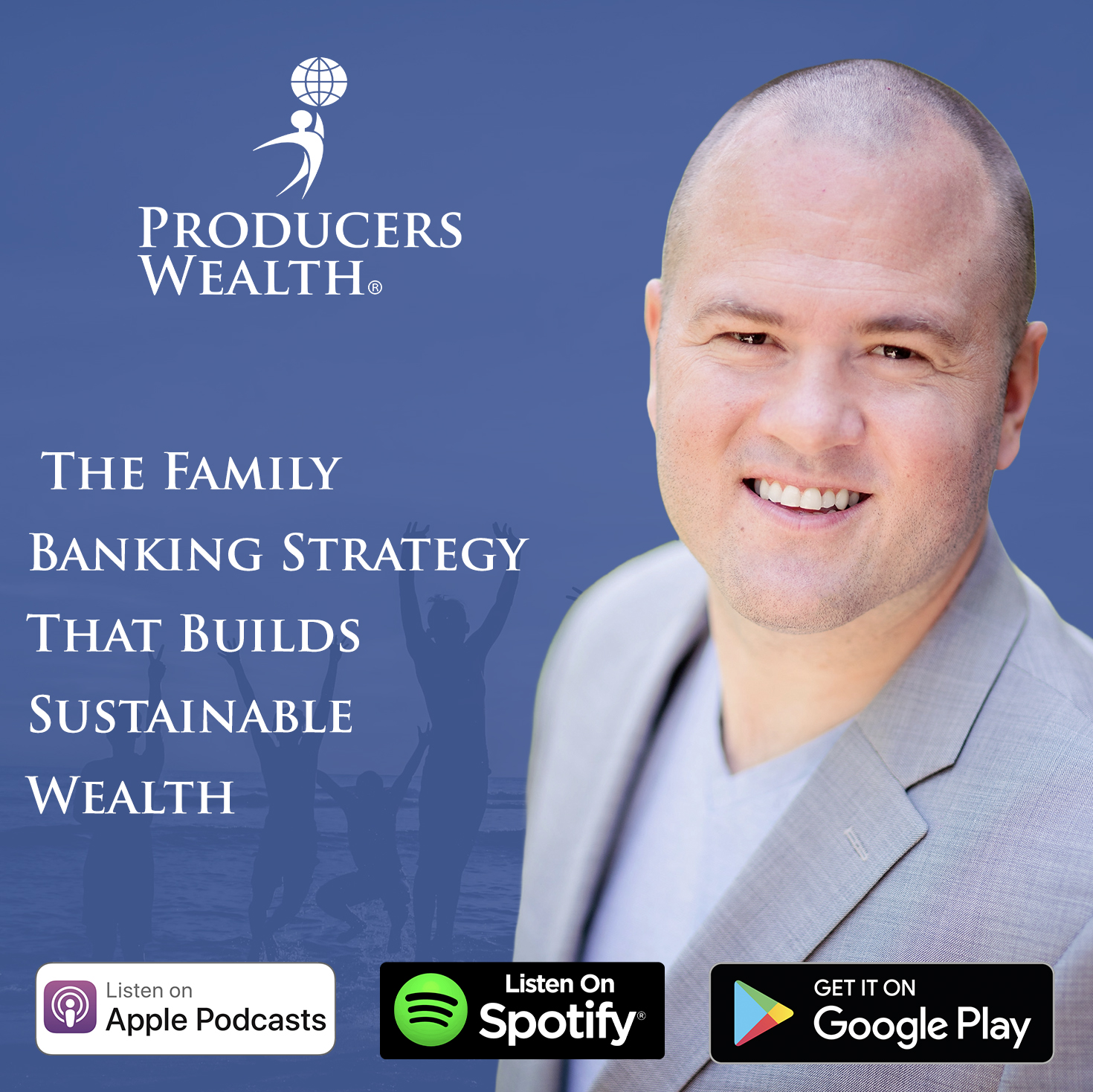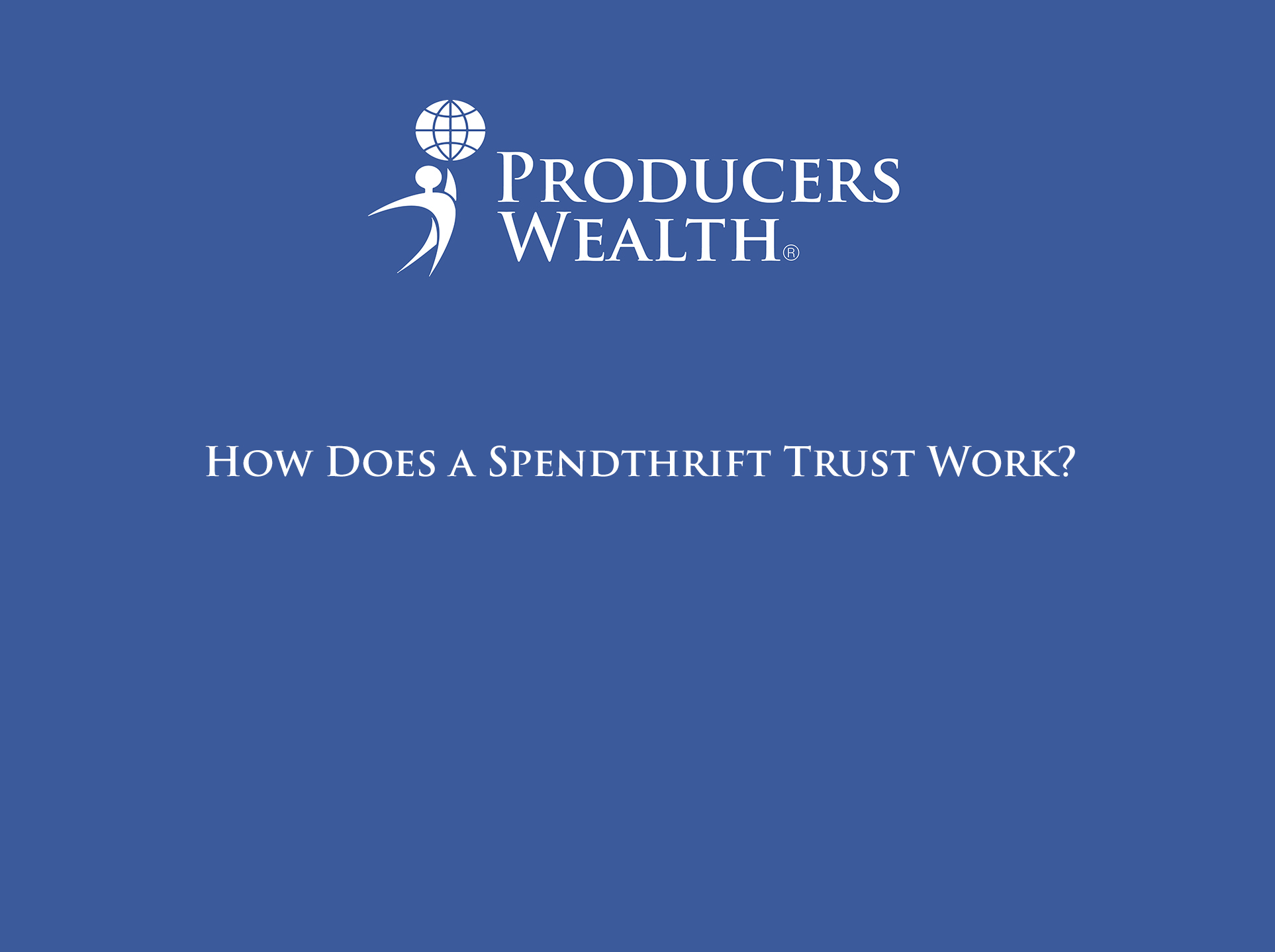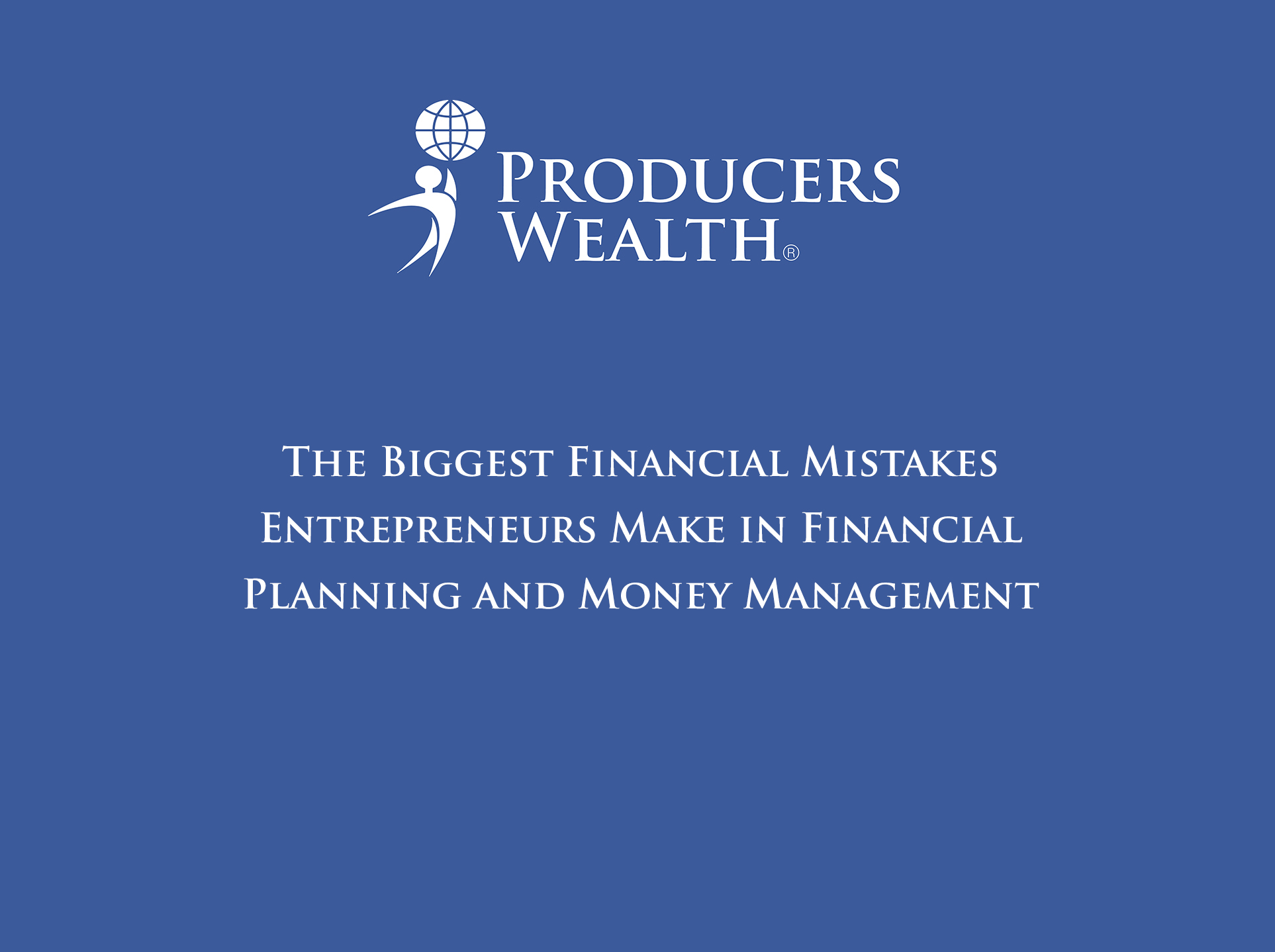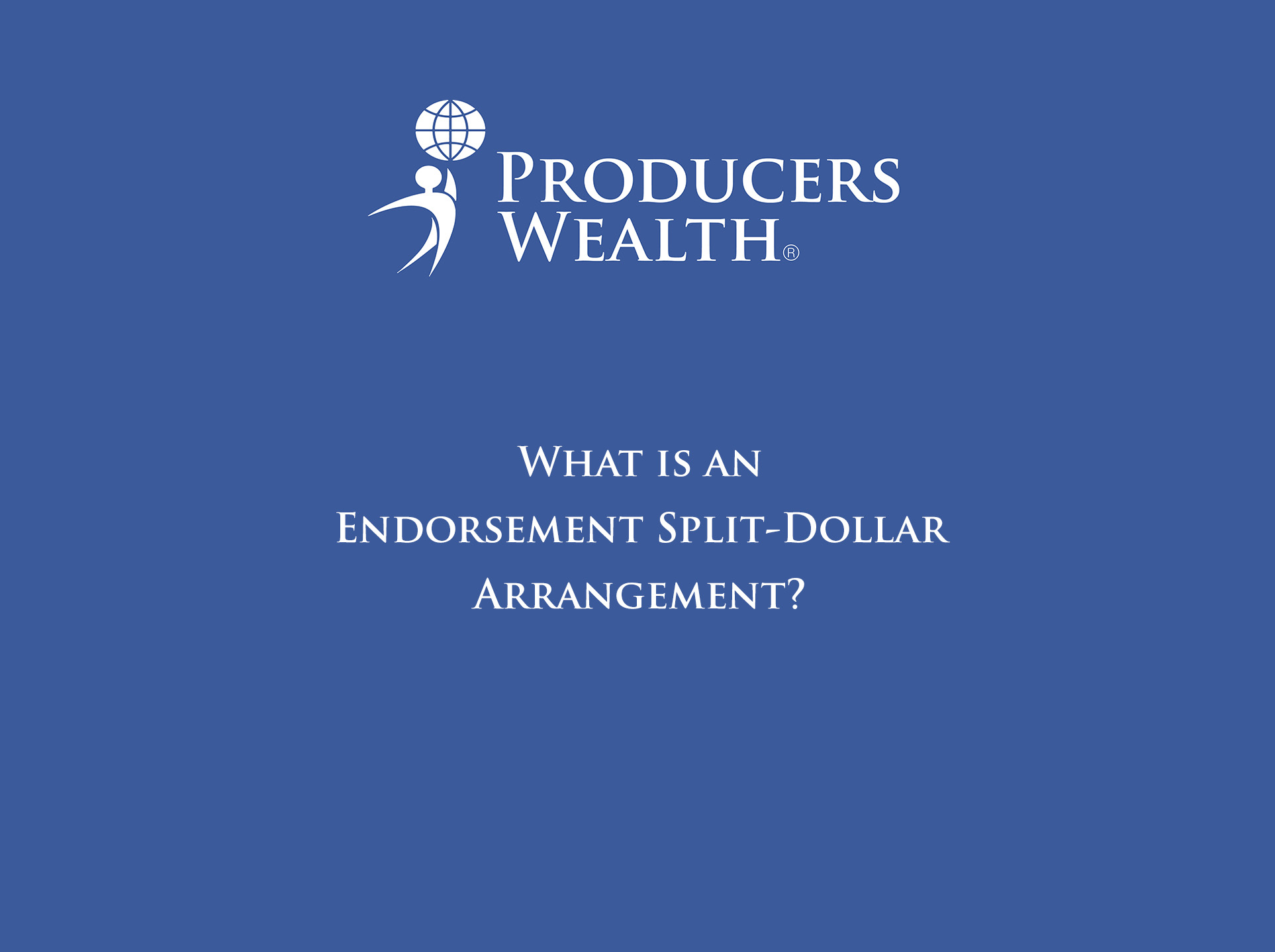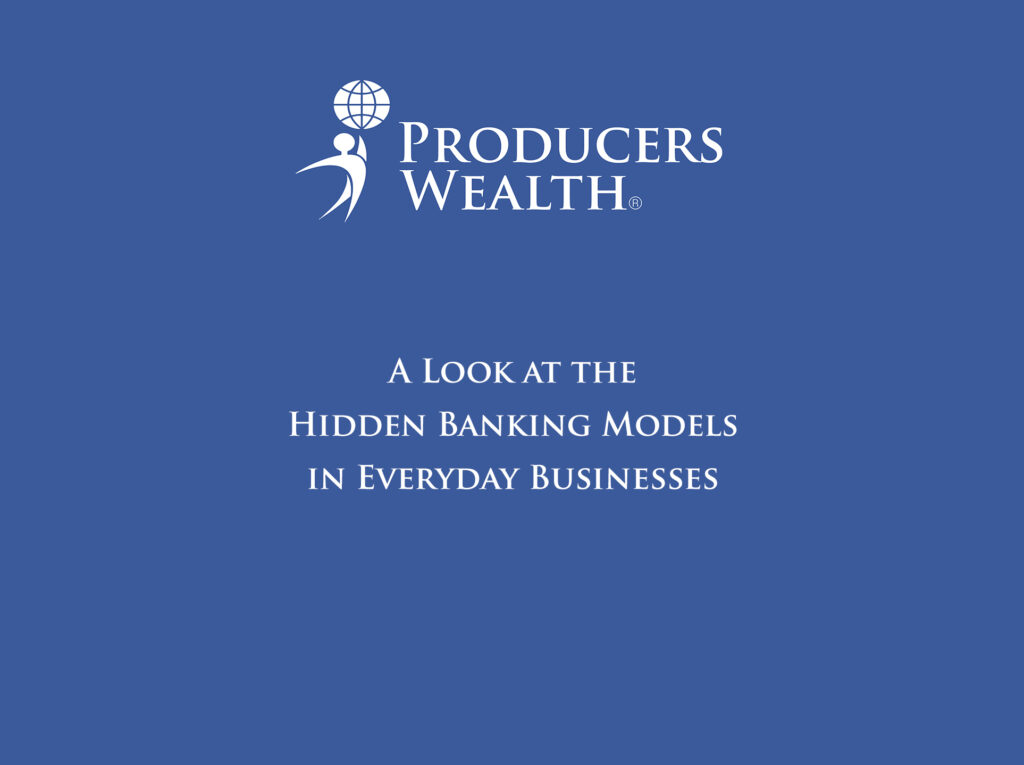
When you think of banks, you probably imagine brick-and-mortar financial institutions offering loans, mortgages, and savings accounts. But in today’s world, any business that offers financing options can be considered a bank. This concept might sound surprising, but it’s a reality for many companies, including car dealerships and even a brand like Starbucks.
Car Dealerships: The Hidden Bankers
Car dealerships have become much more than just places to buy cars—they’re also acting as banks. Think about it: when you purchase a car, you often have the option to finance the purchase through the dealership. They work with financial institutions or sometimes offer in-house financing, allowing customers to pay for their cars over time. Essentially, they’re providing loans and managing interest, just like a bank would.
And just like banks, car dealerships hold power over the terms of these loans. They decide on interest rates, repayment periods, and even tack on insurance products like GAP coverage. In many ways, they’re not just selling cars—they’re selling money, making a significant portion of their profits from financing deals rather than the vehicles themselves.
Starbucks: The Coffee Bank
But car dealerships aren’t the only surprising businesses stepping into the banking game. Let’s talk about Starbucks—a company known for its coffee, but in many ways, it functions like a bank. It all started in 2008 when Starbucks introduced a physical gift card to build loyalty and incentivize customers to buy more coffee. Customers could load the card with money and use it for daily purchases, much like a prepaid charge card.
As time went on, Starbucks evolved this model. They introduced their mobile app, turning the gift card into a digital wallet. Customers could now load money directly onto their virtual card, order ahead, and earn loyalty points. Each dollar spent through the app translated into “stars,” which could be redeemed for free drinks and food. The more you loaded, the more stars you earned, and the more Starbucks held onto your money.
Starbucks: Holding Billions in Deposits
Today, Starbucks has around 25 million active rewards members, and these members have collectively deposited over $1.6 billion onto their Starbucks cards. That’s right—Starbucks is sitting on a cash reserve of $1.6 billion, courtesy of its loyal coffee drinkers.
For comparison, Discover, the fourth-largest credit card issuer in the U.S., holds about $470 million in deposits. Starbucks is essentially holding more than three times that amount without being classified as a bank. Each year, the coffee giant brings in roughly $10 billion in deposits, giving it access to a steady stream of capital without needing to pay interest or adhere to banking regulations.
What Does Starbucks Do With the Cash?
With this cash reserve, Starbucks can fund new store openings, upgrade equipment, and roll out marketing campaigns—all without paying interest on traditional loans. If Starbucks had to rely on a bank, they might be charged 2-4% interest on these funds. Instead, they have what is essentially a 0% credit line from their own customers.
Starbucks doesn’t need to keep a certain amount of reserves like traditional banks do, and the only way for customers to “withdraw” their money is to buy more coffee. This improves Starbucks’ balance sheet, increases free cash flow, and reduces its working capital needs. With the funds they hold, Starbucks even earns about a 10% return on those deposits. And through sophisticated algorithms, Starbucks can predict how much money will remain unused on gift cards—in 2019, that unredeemed balance was $141 million.
The Takeaway: Business Models Are Evolving
In today’s world, businesses like car dealerships and Starbucks are blurring the lines between their core operations and financial services. By offering financing options, managing customer deposits, and building loyalty programs, they’re able to function as banks without the regulatory burden. For these companies, the benefits are clear: improved cash flow, reduced borrowing costs, and a healthier balance sheet.
As Alex Johnson, a fintech analyst, once said, “In fintech, you either die a consumer goods company, or you live long enough to see yourself enter financial services.” This rings true for Starbucks, car dealerships, and many other businesses that have learned to think like banks. It’s a reminder that in the modern economy, sometimes the biggest opportunities come from reimagining how you manage and use money—whether you’re selling cars, coffee, or something entirely different.
Watch all of our educational videos on Infinite Banking here.
Disclaimer and Waiver
Michiel Laubscher & Laubscher Wealth Management LLC is not an investment advisor and is not licensed to sell securities. None of the information provided is intended as investment, tax, accounting, or legal advice, as an offer or solicitation of an offer to buy or sell, or as an endorsement, of any company, security, fund, or other offerings. The information should not be relied upon for purposes of transacting securities or other investments. Your use of the information contained herein is at your own risk. The content is provided ‘as is’ and without warranties, either expressed or implied. Michiel Laubscher & Laubscher Wealth Management LLC does not promise or guarantee any income or specific result from using the information contained herein and is not liable for any loss or damage caused by your reliance on the information contained herein. Always seek the advice of professionals, as appropriate, regarding the evaluation of any specific information, opinion, or other content.
